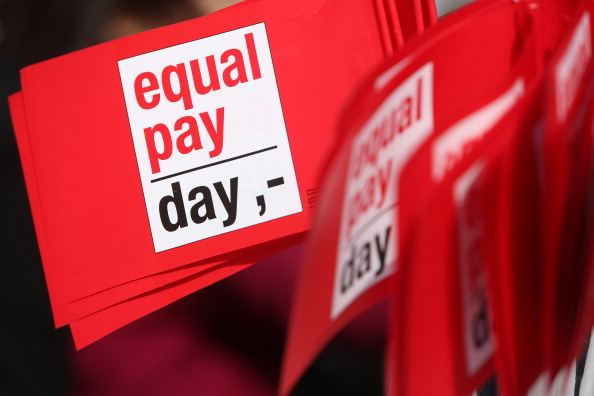Half of teenage girls would not work for employer with gender pay gap, Indeed reveals

Almost half of UK teenage girls have stated they would not work for an employer with a gender pay gap.
Data from an Indeed research has revealed that 48 per cent of girls aged between 16 and 18 would rule out working for an organisation that has a gender pay gap against women, while only 32 per cent of boys sees pay equality as a must.
Surveying 2,000 teenagers alongside 2,000 workers aged between 19 and 65, Indeed has found out 55 per cent of girls research a potential employer’s stance on gender pay gap, compared with 34 per cent of boys and 31 and 41 per cent of older men and women respectively.
“Women were disproportionately impacted by the pandemic and the widening of the gender pay gap this year is another backward step on the road to pay equality,” said Deepa Somasundari, Indeed’s senior director of ESG strategic initiatives, said.
“Employees should be paid fairly for their work as when this happens we make society fairer, too.
“Encouragingly, many workers seem tired of the status quo and our survey suggests that young people are willing to pick up the mantle on workplace equity and nudge employers into rethinking unfair or opaque pay.
The research was published ahead of 18 November, also known as Equal Pay Day – the day identified by the Fawcett Society when the average UK woman “stops earning” compared with men.
Indeed’s research comes a day after a report published by insurance company Scottish Widows has revealed that young women need to save an extra £185,000 to reach the same retirement income as men.
While men in their 20s will have saved £350,000 by retirement, women will only have £250,000 in their pockets, City A.M. reported.
“It’s well known that the gender pay gap has a damaging impact on women’s retirement prospects,” said Jackie Leiper, Scottish Widows’ managing director of workplace savings.
“But women face a double whammy: even if we close the pension saving gender gap, pension equality would still not be achieved, because women need to fund a longer retirement and spend more on associated care costs.
“There are ways to help level the playing field – from enhancing maternity pensions to offering better parental leave and financial support for childcare – so that women are no longer financially penalised for raising a family. Of course, we must also tackle the larger structural issues in our society, like the gender pay gap.”